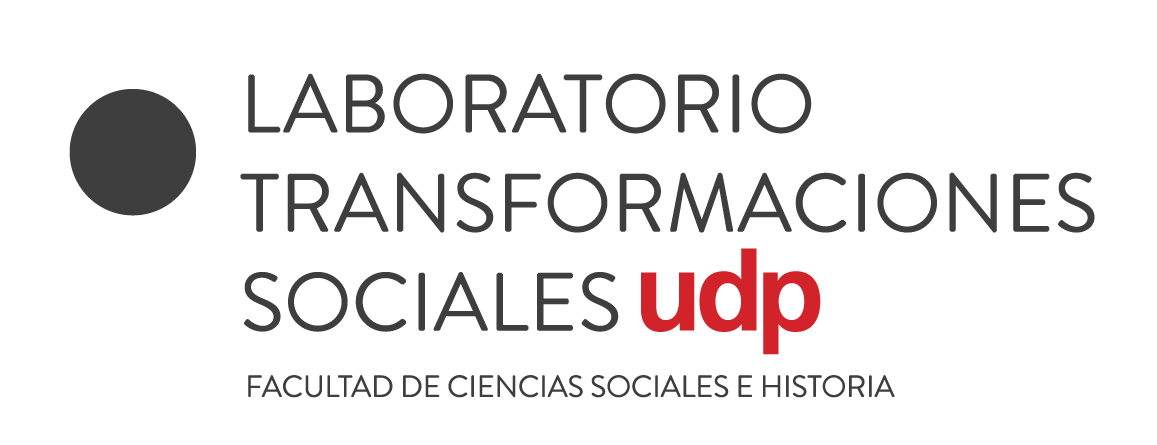Dependency Debates at the Center for Studies of National Reality of the Catholic University of Chile, 1968-1973
DOI:
https://doi.org/10.32995/0719-64232025v11n21-181Keywords:
Dependency Theory, CEREN, Popular Unity, Socialist Transition, IntellectualsAbstract
The main objective of this article is to investigate the reception and debates generated within the Center for Studies of the National Reality of the Catholic University of Chile (1968-1973) by the dependency ideas and the work of its most prominent exponents intellectuals. The above, due to the condition of relative heterodoxy existing within its academic faculty, its profuse scientific production and the capacity displayed by this organization when collaborating with the Popular Unity government, both by providing political-technical cadres and by providing advice to public entities in charge of executing key areas within the socialist transition process in Chile. For their part, the ideas of dependency, which had become hegemonic within Latin American social sciences, constituted a fundamental tool for examining peripheral capitalist societies, whose relevance we aspire to establish as part of the unprecedented process of transition inaugurated with the rise to power of the President Salvador Allende, who made indispensable the need to develop a new process of accumulation of empirical-theoretical knowledge that would allow him to guide the changes committed to his government program through new analytical tools and responses based on contingency.
Downloads
Published
How to Cite
Issue
Section
License
Copyright (c) 2025 Mario Vega Henríquez

This work is licensed under a Creative Commons Attribution-NoDerivatives 4.0 International License.

Este obra está bajo una licencia de Creative Commons Reconocimiento-NoComercial-CompartirIgual 4.0 Internacional.



